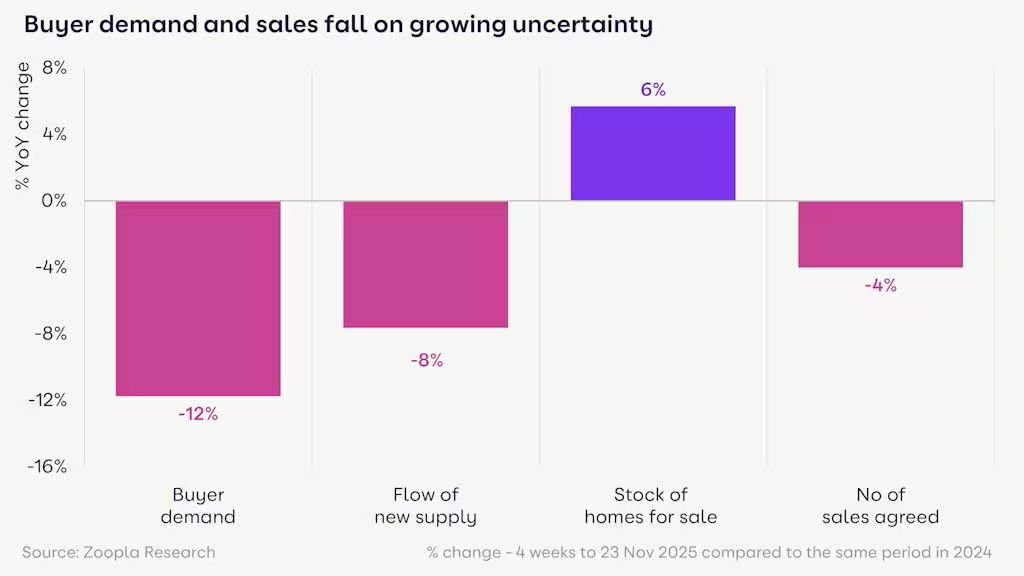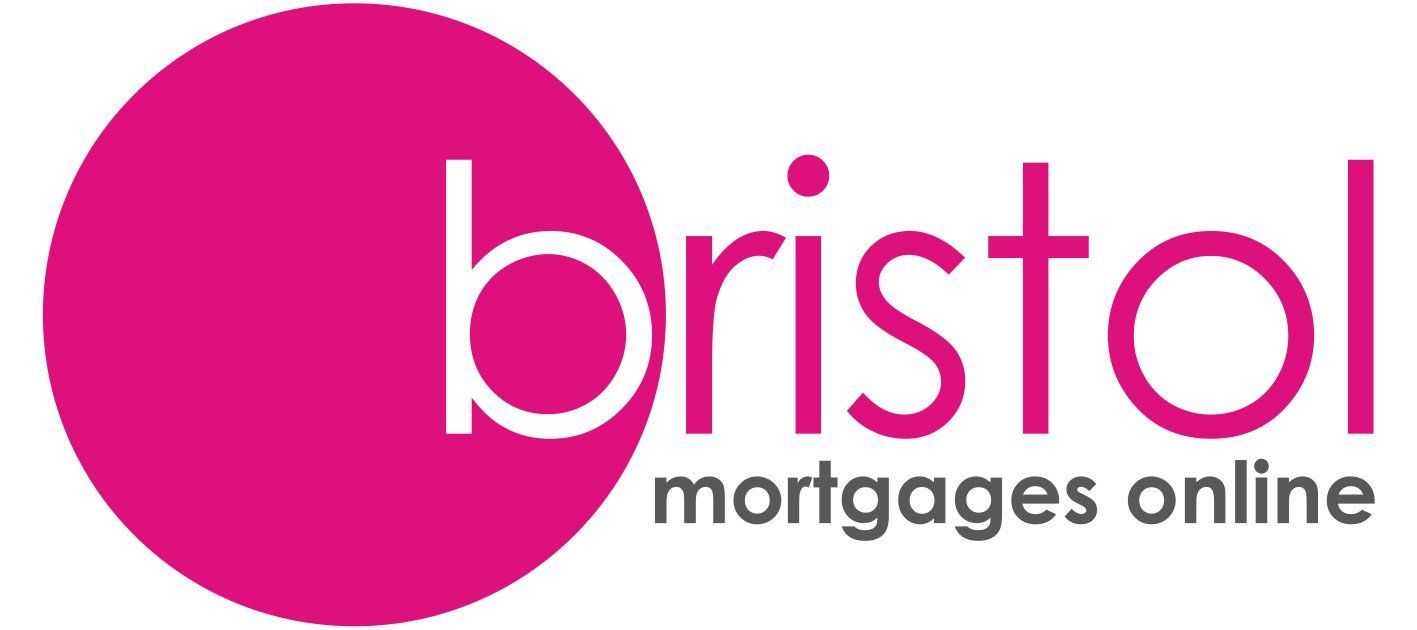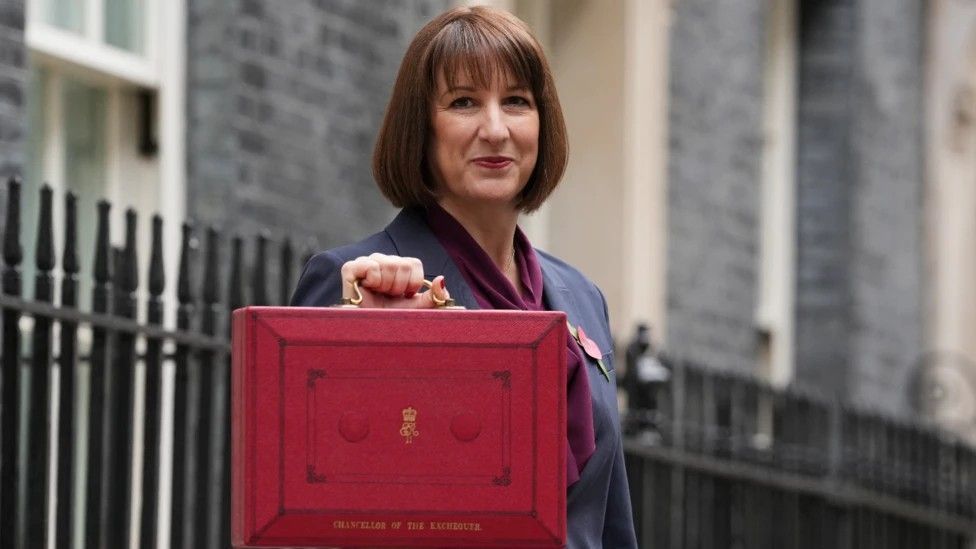Weigh up the pros and cons and Let Us Help You to Remortgage.
Caz Blake-Symes • June 22, 2020
Is this a good time for you to Remortgage – Part 2?

Adapted from a Money Expert article
Remortgaging needs careful thought
Around a third of all home loans made in the UK are actually remortgages. For most people, their mortgage is their biggest financial commitment. And it follows that streamlining the largest debt can produce the largest saving - sometimes £1,000s each year. If you're the kind of person who shops around to get the cheapest television or mobile phone contract, then you're missing a trick by not using the same skills to save money on your mortgage.
But there are pros and cons to remortgaging. In this article we look the reasons why it might not be wise to remortgage.
Why shouldn't I remortgage?
Your mortgage debt is really small.
Once your loan falls below a certain amount – say around £50,000 – it may not be worth switching lender simply because you are less likely to make a saving if the fees are high. In fact, some lenders won't even take on mortgages below £25,000. Do have a look but you'll probably want to look at rates with a small fee, or no fee at all. The smaller your mortgage, the worse the effect of any fees you need to pay. Quite often, you'll be better remaining on the higher interest rate.
Your early repayment charge is large.
A large early repayment charge could mean that it'd be utter foolishness to move before the end of the incentive period. If it would cost too much to free yourself from your current deal, then it's all the more important that you do your homework and be ready to move as soon as you can. It's always worth asking your current lender to let you switch to another of its deals (ie, do a product transfer) by paying a reduced early repayment charge. You're unlikely to get to move to its top-of-the range deal but as long as it's better than the one you're currently on, and doesn't lock you in for much longer, you have nothing to lose.
Your circumstances have changed.
It's possible that your financial position has altered since you took out your current mortgage - for instance, one of you has stopped working or you have become self-employed. Stricter mortgage rules introduced in April 2014 mean lenders MUST now see evidence of your income. New lenders may not be prepared to offer you a loan because you no longer fit their criteria, meaning you may have to stay where you are.
Your home's value has dropped.
You may have had a 10% deposit when you bought your home and got a decent mortgage, borrowing the remaining 90% of your home’s value. But now, your house price has dropped and the amount you owe is a bigger proportion. Unfortunately, you're a victim of evaporating equity, even if you have been making repayments, and that can hurt you. In some cases, you may be in negative equity, where your debt is higher than the value of the property. The only thing you can do is sit tight, make over-payments whenever you can afford it as long as you won't be charged fees as well, and wait for prices in your area to go up again.
You have very little equity.
If you need to borrow more than 90% of the value of your property – then you'll often find it difficult to find a better rate. Although at the time of writing, there are more mortgages at 95% than we have seen for a long time so it's worth checking to see if it's worth switching. Don't forget to check if your current lender charges an early repayment charge to leave.
You've had credit problems since taking out your last mortgage.
Since the credit crunch, lenders have become much pickier about who they lend to. The regulator, the Financial Conduct Authority, now also requires them to carefully check the mortgage is affordable, not just at current rates, but at a higher rate too, to ensure you could cope if interest rates were to rise. As a result, lenders will want a lot of detail about your outgoings and are looking for spotless repayment histories or at least a good, clean record of handling debts well. It might only take one recently missed payment to your credit card, loan, mortgage, utility company...even your mobile phone to scupper your chances. Check your credit file to be sure.
You're already on a great rate.
You may be already on such a fantastic deal that you'd be mad to move. But don't get too comfortable – chances are it won't always be top of the tree so eventually you'll need to consider hopping onboard the remortgaging merry-go-round.
For further details and to book your FREE CONSULTATION with one of our expert Mortgage Advisers please contact us
Bristol Mortgages Online www.bristolmortgagesonline.com Tel 0117 325 1511
Bath Mortgages Online www.bathmortgagesonline.com Tel 01225 584 888
Exeter Mortgages Online www.exetermortgagesonline.com Tel 01392 690 888
Email info@swmortgages.com
#bristolmortgagebroker
#mortgageadvice
#independentbroker
#endoffixedterm
#mortgagebroker
#bathmortgagebroker
#greatmortgage
#lowinterestmortgage
#fixedratemortgage
#expertmortgageadvice
#freeconsultation
#remortgage
#firsttimebuyer
#greatbuytoletdeals
#fivestarservice
#highlyrecommended
#topmortgagebroker

This month’s edition is packed full of informative articles, including
• Welcome and overview from Phil Clark
• Base rate cut to 3.75%: what could it mean for mortgages?
• Interest-Only Mortgages For Later Life.
• Need Short-Term Property Finance?
• What You Should Know About Second Charge Mortgages
• Time to Remortgag

Image courtesy of Freepix
Happy New Year!
Hope you all had a good Christmas Break and avoided the dreaded coughs and colds.
I had the opportunity over the holiday to review many of the various property and finance reports available online, as well as those to which I subscribe.
Pleasingly, the general tone is very opti

With the Budget uncertainty now lifted, buyers and sellers can return to making decisions about their next move. Removing the threat of a new annual property tax from 210,000 homes for sale will help revive market activity in higher-value areas. However, the lack of any stamp duty reform means homebuyers will continue

Please click here to see our November newsletter This month’s edition is packed full of interesting articles, including What does the Budget mean for you? Interest-Only Mortgages For Later Life. Need Short-Term Property Finance? What is the Renters’ Rights Act, and what does it mean for tenants? What You Should Know About Second Charge Mortgages Time to Remortgage? Stunning 5-star Google Reviews! Let Us Help You If You Have Adverse Credit How to Contact Us You can also read more articles on our Blog. We hope you enjoy this Newsletter. If you have any queries, please call Phil Clark on 0117 325 1511 or email info@swmortgages.com

We are thrilled to be able to offer this fantastic product through the Family Building Society.
This interest-only mortgage gives those of retirement age and beyond the opportunity to free up equity from their home, without the huge costs often faced when considering Equity Release or a Lifetime Mortgage.

Thinking about buying a new property before selling your current one? Or maybe you need quick funds to complete a renovation or secure an investment opportunity? You’re not alone. With today’s fast-moving property market, many homeowners and investors are turning to bridging loans to bridge the gap.





